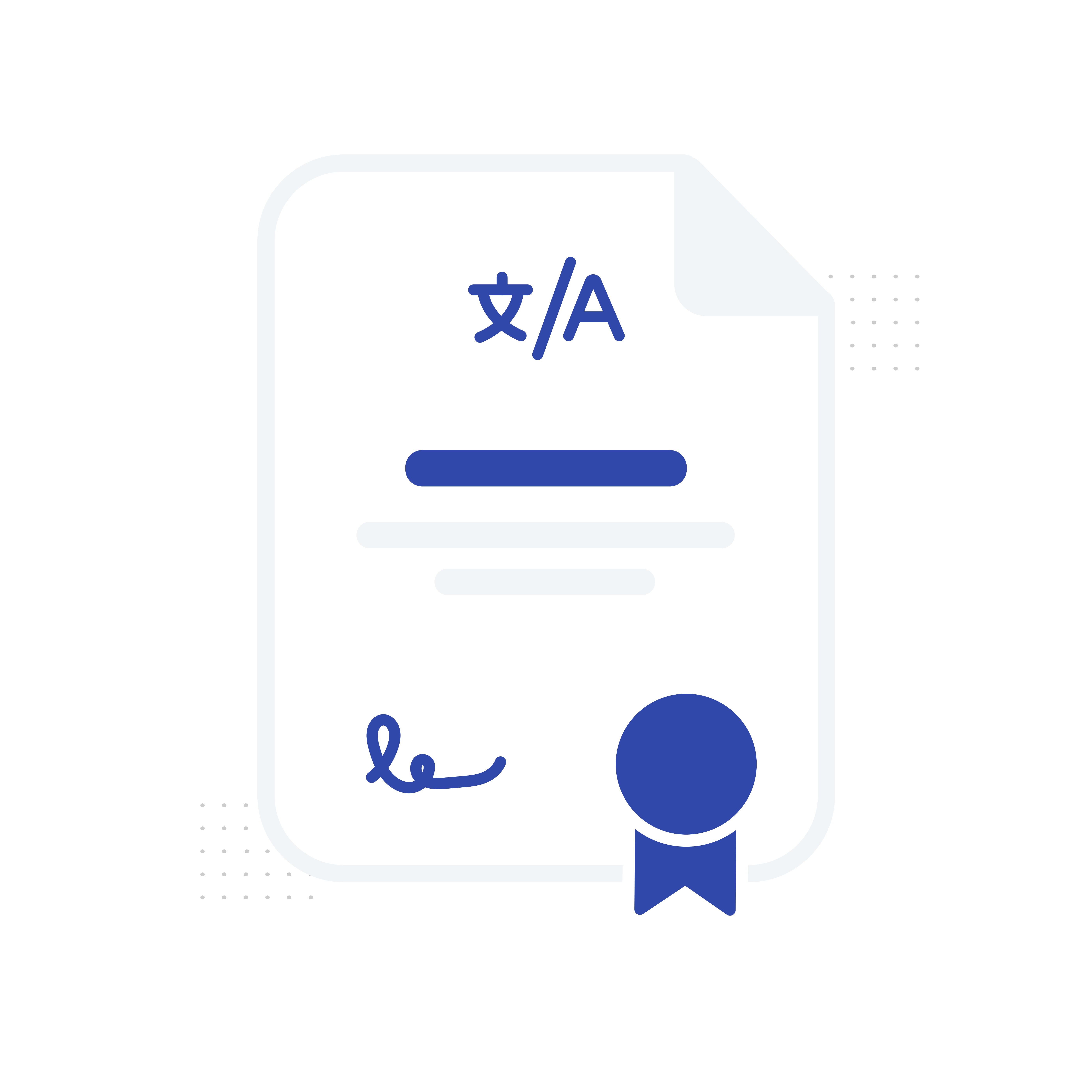Introduction
Embarking on the U.S. immigration journey with South Korean diplomas underscores the vital need for precise academic evaluations. The intricate disparities between the South Korean and American educational systems pose challenges that demand careful navigation. Contrasting with the U.S., South Korean higher education emphasizes a structured and disciplined approach, with a strong emphasis on academic performance and testing. Understanding these distinctions is essential for individuals navigating the complexities of recognition and evaluation of South Korean academic credentials in the context of U.S. immigration.Immigration lawyers play a pivotal role in guiding individuals through these complexities, ensuring that academic credentials align accurately with U.S. standards.
Understanding South Korean Academic Credentials
South Korea's higher education system is characterized by a rigorous and competitive environment, with a strong emphasis on academic achievement. The structure follows a similar model to the United States, including bachelor's, master's, and doctoral programs. However, notable differences exist in terms of duration, focus, and the significance of standardized testing.
In South Korea, the education system places high importance on entrance exams, such as the College Scholastic Ability Test (CSAT), which significantly influences university admissions. Bachelor's programs typically last four years, and students often specialize in their chosen field from the beginning. Master's and doctoral programs emphasize research, and completion of a master's degree is often a prerequisite for pursuing a Ph.D.

Accreditation is a crucial aspect of ensuring the quality and standards of higher education institutions in South Korea. The South Korean accreditation system is overseen by the Korean Council for University Education (KCUE) and the Korean Accreditation Board of Nursing Education (KABONE), among other accrediting bodies. These organizations conduct rigorous evaluations of universities, colleges, and specialized institutions to ensure they meet established benchmarks for academic excellence. For individuals navigating the U.S. immigration process with South Korean academic credentials, the accreditation status of their educational institution plays a significant role. Accredited institutions are more likely to be recognized and accepted by U.S. authorities, emphasizing the importance of understanding the accreditation framework in South Korea when presenting academic qualifications for evaluation in the context of immigration.
USCIS Requirements for Degrees from South Korea
Translations might be required for South Korean degrees, although frequently, the issuing institution provides diploma certificates and transcripts in English. It's important to note that South Korean diplomas are often referred to as "Certificates of Graduation" and may have a different appearance than traditional diploma documents, potentially causing confusion. Additionally, the specialized nature of study fields in South Korean institutions can result in unfamiliar fields of study being listed on the Certificate of Graduation. Therefore, including transcripts for evaluation and USCIS submission is essential, helping evaluators identify the major field of study based on the university department and specific courses completed.

Required Documents for South Korean Degree Assessment
DOWNLOAD NOWRole of Immigration Lawyers in Academic Evaluations
Immigration lawyers play a pivotal role in the process of getting South Korean diplomas evaluated for USCIS. Their expertise in immigration law ensures that all necessary legal requirements are met, streamlining the evaluation process. They are instrumental in guaranteeing that the documents and information submitted adhere to USCIS standards, which is crucial for successful immigration outcomes.
Immigration lawyers who partner with MotaWord, a recognized academic evaluation services provider, add precision and credibility to their practice, leveraging linguistic and academic knowledge and coupling it with your immigration expertise. By working together, immigration lawyers and evaluation services ensure that the equivalency of South Korean diplomas is accurately determined in the context of U.S. education standards, thereby facilitating the immigration process and increasing the likelihood of a favorable outcome.
Academic Evaluation Services?
Conclusion
The South Korean higher education system's focus on structured learning and testing, coupled with the importance of accreditation, adds intricacy to the process of assessing and validating academic credentials for immigration purposes. It becomes crucial to underscore the candidate's university department and core courses to facilitate an accurate evaluation. This intricate process is where MotaWord’s evaluations service truly shines, serving as the guiding hand that ensures academic qualifications align precisely with U.S. standards. Our expertise not only helps meet USCIS requirements flawlessly but also aids immigration attorneys in submitting successful petitions.
/f/84976/2006x2006/3181693cf8/uscis-essentials_-south-korean-degree-assessment-for-immigration-lawyers-hero.png)




